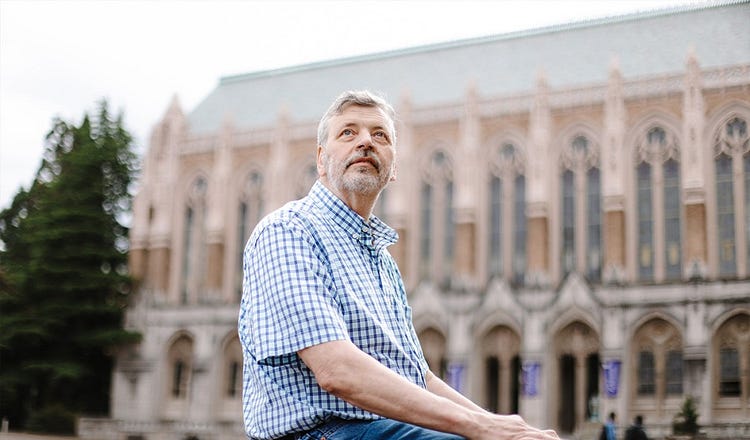He Made a Joke About Land Acknowledgements. Then the Trouble Began.

(Courtesy of FIRE)
When Professor Stuart Reges exercised his free speech rights, the University of Washington retaliated. So we're suing the school.
399
Stuart Reges is no stranger to controversy. In the 1980s, he risked his career as a budding academic by writing about being openly gay. Then, as lecturer at Stanford in the 1990s, he bucked the status quo by protesting the war on drugs. (Bob Martinez, then the national drug czar, wrote a letter to Stanford urging the school to penalize him.) Reges once …
Continue Reading The Free Press
To support our journalism, and unlock all of our investigative stories and provocative commentary about the world as it actually is, subscribe below.
$8.33/month
Billed as $100 yearly
$10/month
Billed as $10 monthly
Already have an account?
Sign In

